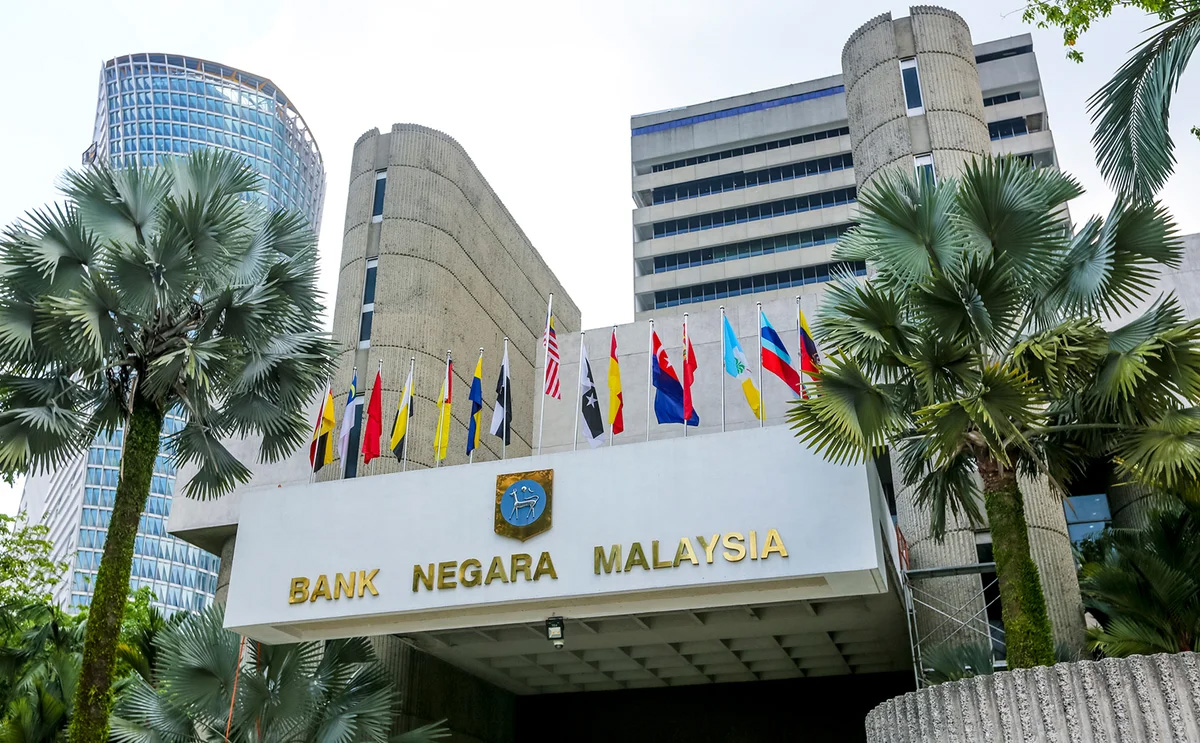Malaysia Pairs Cautious Monetary Policy with Structural Reform Push

On September 4, Bank Negara Malaysia (BNM) kept its overnight policy rate unchanged at 2.75 percent, citing resilient domestic demand, steady growth, and soft inflation of 1.4 percent headline and 1.9 percent core in the first half of 2025. At the same time, the central bank trimmed its 2025 GDP outlook to 4.0–4.8 percent, flagging external demand and trade uncertainties as key risks.
Local economists expect BNM to hold rates through at least 2027, given limited inflationary pressure and the need to buffer Malaysia from external shocks. In July, BNM cut rates by 25 basis points, its first reduction in two years. However, this trend is unlikely to continue, and is more of an isolated adjustment rather than the start of an easing cycle.
Meanwhile, Malaysia is pairing monetary stability with structural reforms. In late August, Parliament passed a new Government Procurement Bill to standardize tenders, curb rent-seeking, and improve transparency in public contracts. Together with active FDI promotion, these reforms are meant to strengthen both Malaysia’s international image and its ability to weather global headwinds.








